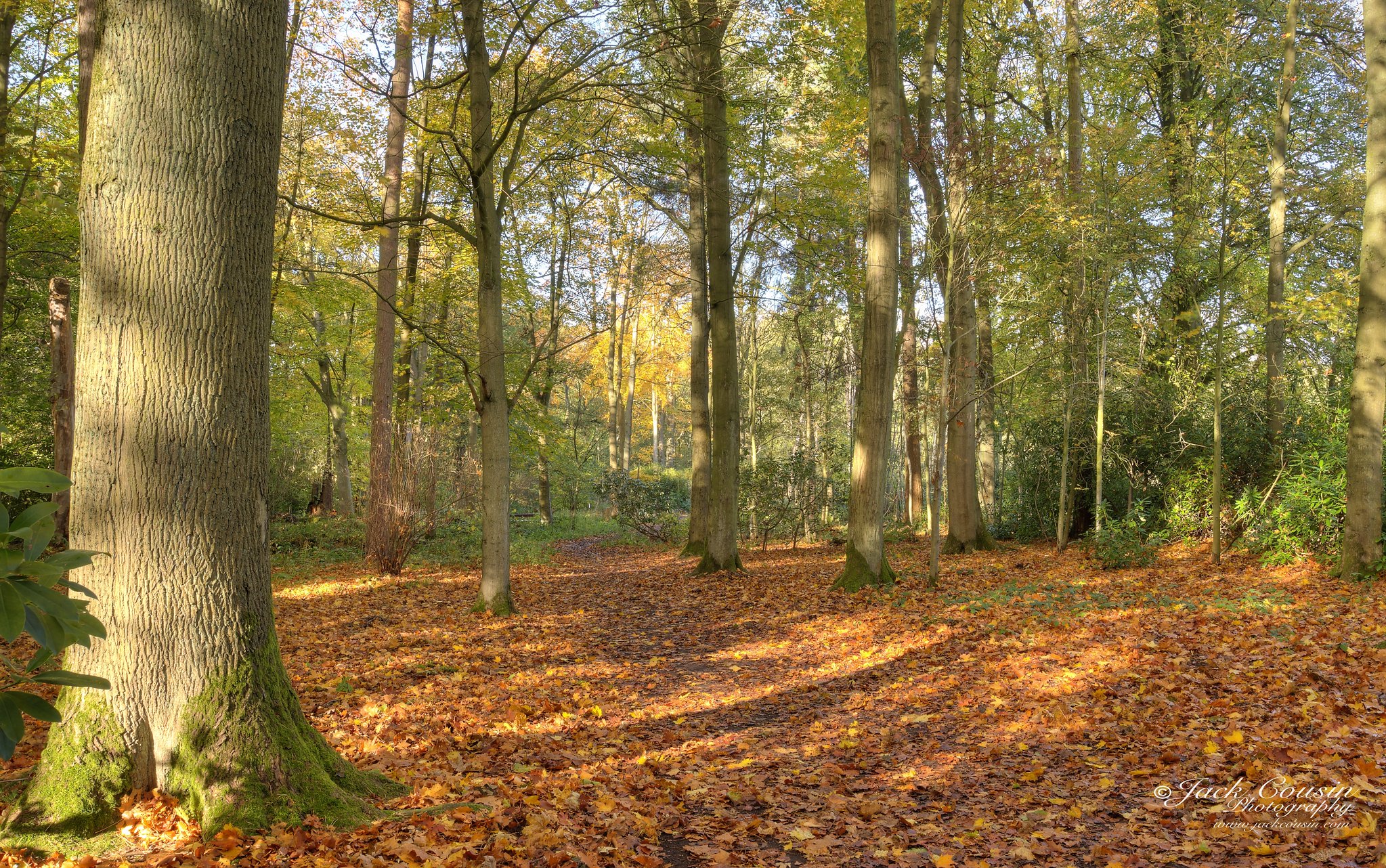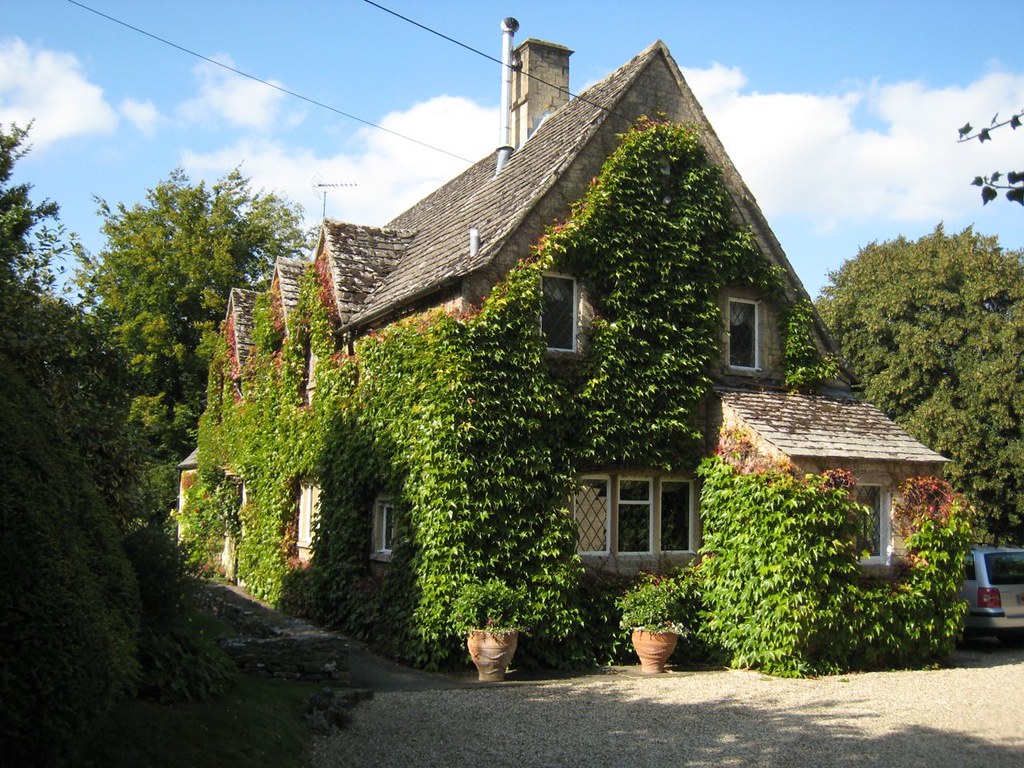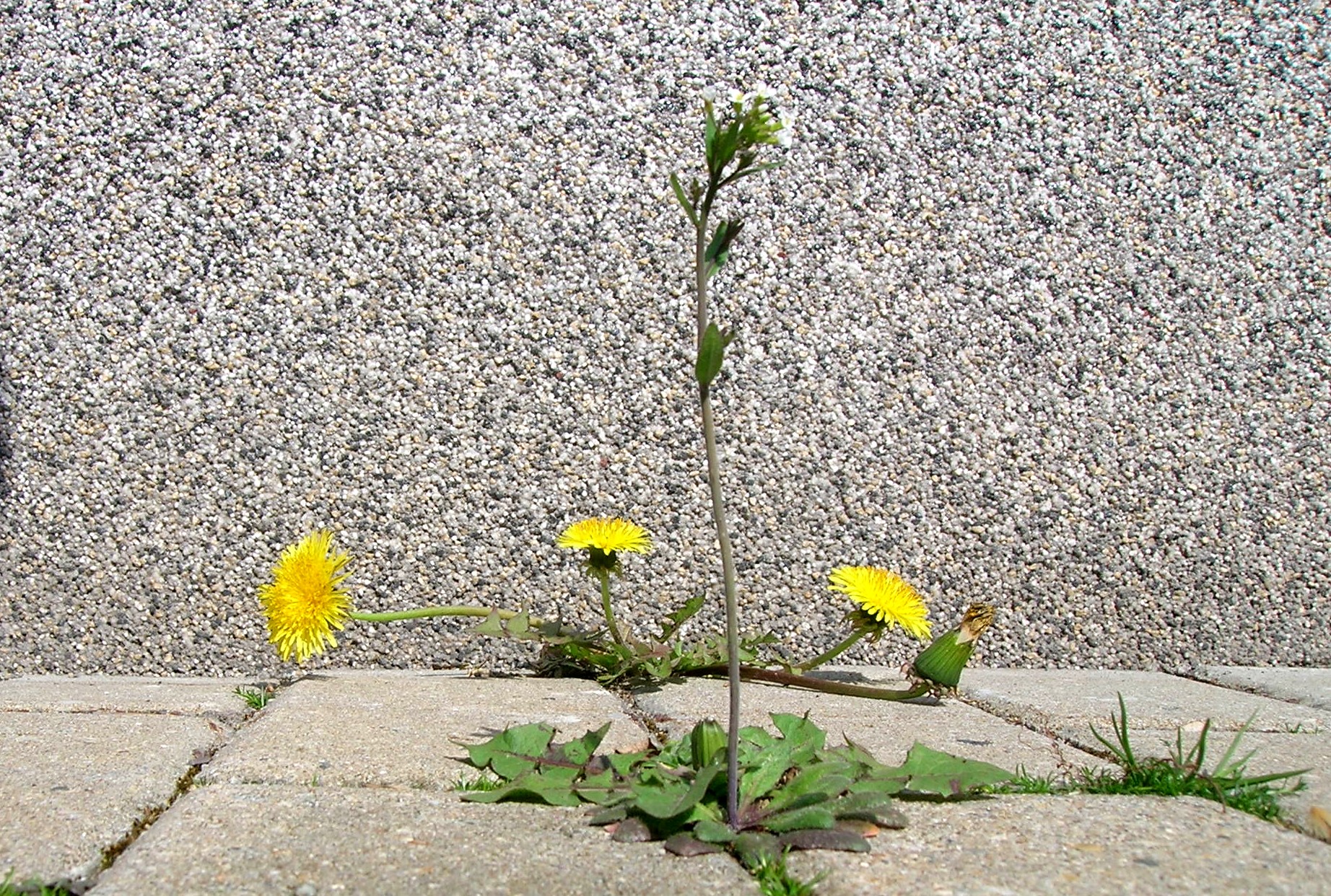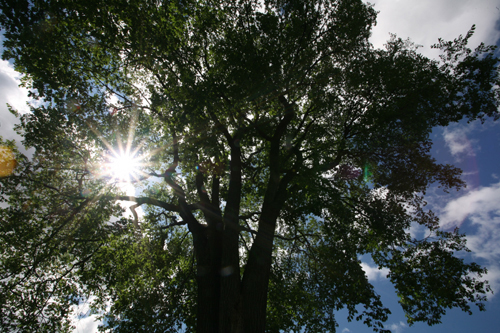 The Telegraph reports summer is officially over, the Royal Horticultural Society has said, as autumn colours are being seen in their gardens and apples are ripe two weeks early. Many have noticed amber-hued leaves falling from the trees in the last weeks of summer, and the temperature has dropped from the giddy heights of the heatwave.
The Telegraph reports summer is officially over, the Royal Horticultural Society has said, as autumn colours are being seen in their gardens and apples are ripe two weeks early. Many have noticed amber-hued leaves falling from the trees in the last weeks of summer, and the temperature has dropped from the giddy heights of the heatwave.
The early spring heat gave many types of fruit, including greengages and apples, a head start to the growing season, meaning that harvests have come early. Trees and shrubs are turning their leaves as they have been confused and stressed by the recent erratic weather, causing them to prepare for autumn earlier.
Photo by Jack Cousins under creative commons.


 A rising international force of rebel botanists armed with chalk has taken up street graffiti to highlight the names and importance of the diverse but downtrodden flora growing in the cracks of paths and walls in towns and cities across Europe.
A rising international force of rebel botanists armed with chalk has taken up street graffiti to highlight the names and importance of the diverse but downtrodden flora growing in the cracks of paths and walls in towns and cities across Europe.